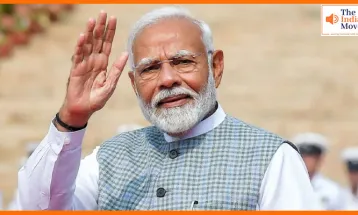
Top 10 Social Reformers of India: Contribution of Every Social Reformer in India
-
 The India
The India
- September 9, 2025
India has always been a land of great thinkers, visionaries, and reformers. Throughout history, many social reformers of India dedicated their lives to eradicating social evils, bringing equality, and establishing justice. From women’s rights to the upliftment of marginalized communities, every social reformer in India contributed significantly to shaping modern Indian society.
In this blog, we will explore the Top 10 Social Reformers of India, their life journeys, and their contributions. We will also understand what is a social reformer, who are social reformers, and the meaning of social reformer.
Who are Social Reformers?
Social reformers are leaders, philosophers, and activists who challenged existing norms and promoted values like equality, education, and justice. India has produced countless reformers who not only questioned outdated traditions but also worked tirelessly to improve the lives of millions. If you define social reformer, it simply means “a person who advocates or introduces reforms in society.” The social reformers meaning is deeply tied to bringing positive change in cultural, social, and political aspects of life.
Top 10 Social Reformers of India and Their Contributions
1. Raja Ram Mohan Roy (1772 – 1833)
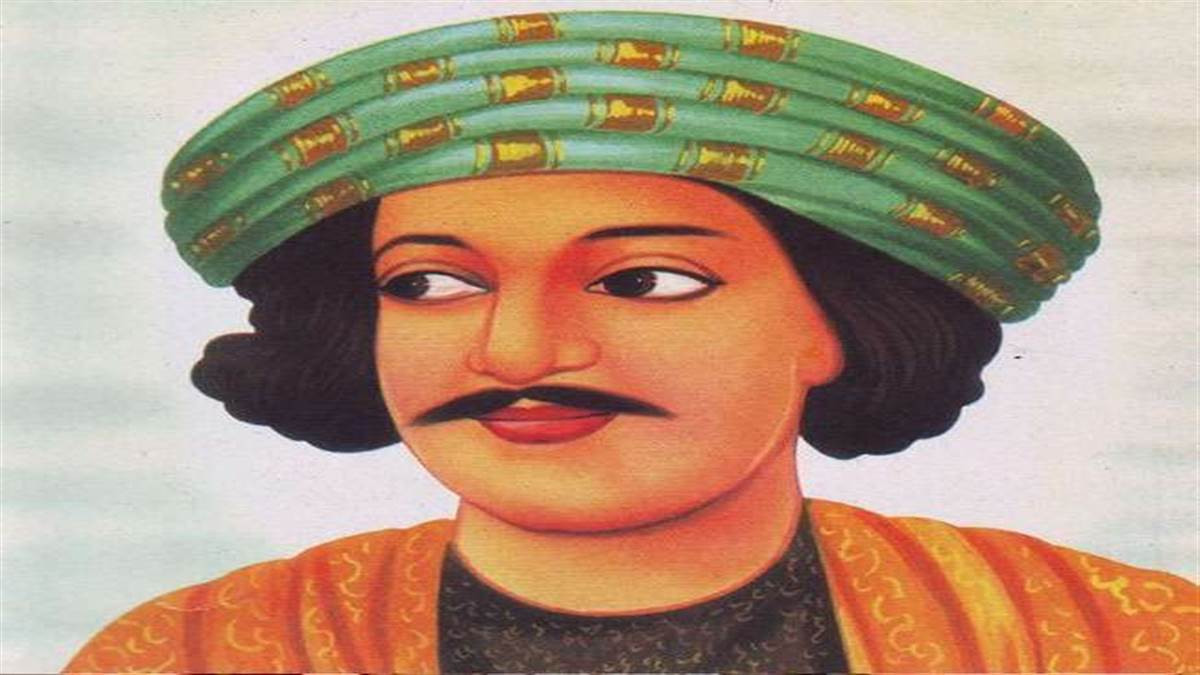
Raja Ram Mohan Roy, often called the Father of Modern India, was born on May 22, 1772, in Radhanagar, Bengal. He came from a traditional Brahmin family but was exposed to various religions and philosophies from a young age, including Hinduism, Islam, and Christianity. This exposure broadened his outlook and made him critical of blind traditions.
Contributions:
- He played a decisive role in abolishing Sati Pratha, the cruel practice where widows were forced to burn themselves on their husband’s funeral pyre. With his efforts, the British government banned it in 1829.
- Founded the Brahmo Samaj in 1828, a socio-religious reform movement that promoted monotheism, rational thinking, and equality.
- Advocated for women’s rights, including widow remarriage, inheritance rights, and female education.
- Strongly supported modern education in India, focusing on English, science, and technology, rather than only Sanskrit.
- Defended freedom of the press and fought against unfair colonial policies.
Information about Raja Ram Mohan Roy: His fearless fight against superstition and injustice makes him one of the most influential social reformers of India and his contribution continues to inspire reform movements even today.
Also Read: Top 10 Freedom Fighter of India and Their Role as National Leaders of India
2. Swami Vivekananda (1863 – 1902)

Swami Vivekananda, born as Narendranath Datta on January 12, 1863, in Kolkata, was a disciple of Sri Ramakrishna Paramahamsa. His spiritual philosophy combined with his passion for social service made him one of the most respected religious reformers of India.
Contributions:
- At the World Parliament of Religions in Chicago in 1893, his famous speech began with “Sisters and Brothers of America,” winning the hearts of millions. He introduced Indian philosophy to the world stage.
- Founded the Ramakrishna Mission in 1897, dedicated to service in education, healthcare, rural development, and disaster relief.
- Believed that religion should be practical and serve humanity. He emphasized “Daridra Narayana Seva,” which meant serving God through service to the poor.
- Inspired Indian youth to embrace self-confidence, patriotism, and spiritual discipline.
- Promoted unity among all religions and cultures, which remains relevant in modern India.
Swami Vivekananda’s legacy makes him not just a monk but also a social reformer in India who motivated generations to balance spirituality with service.
3. Mahatma Jyotirao Phule (1827 – 1890)

Jyotirao Govindrao Phule, born in 1827 in Satara, Maharashtra, was a pioneering social reformer of Maharashtra. Coming from a low-caste Mali family, he experienced caste discrimination firsthand, which motivated him to fight against inequality.
Contributions:
- Founded the Satyashodhak Samaj in 1873 to fight social evils such as caste discrimination and to promote equality.
- Opened schools for girls and Dalits, believing education to be the strongest weapon against oppression.
- Strong critic of the Brahminical dominance in Hindu society and worked to uplift marginalized communities.
- Wrote “Gulamgiri” (Slavery) in 1873, comparing the oppression of lower castes in India to slavery in the United States.
- Supported widow remarriage and opposed child marriage.
As one of the greatest reformers of India, Jyotirao Phule’s contributions laid the foundation for social justice and equality in modern India.
4. Savitribai Phule (1831 – 1897)
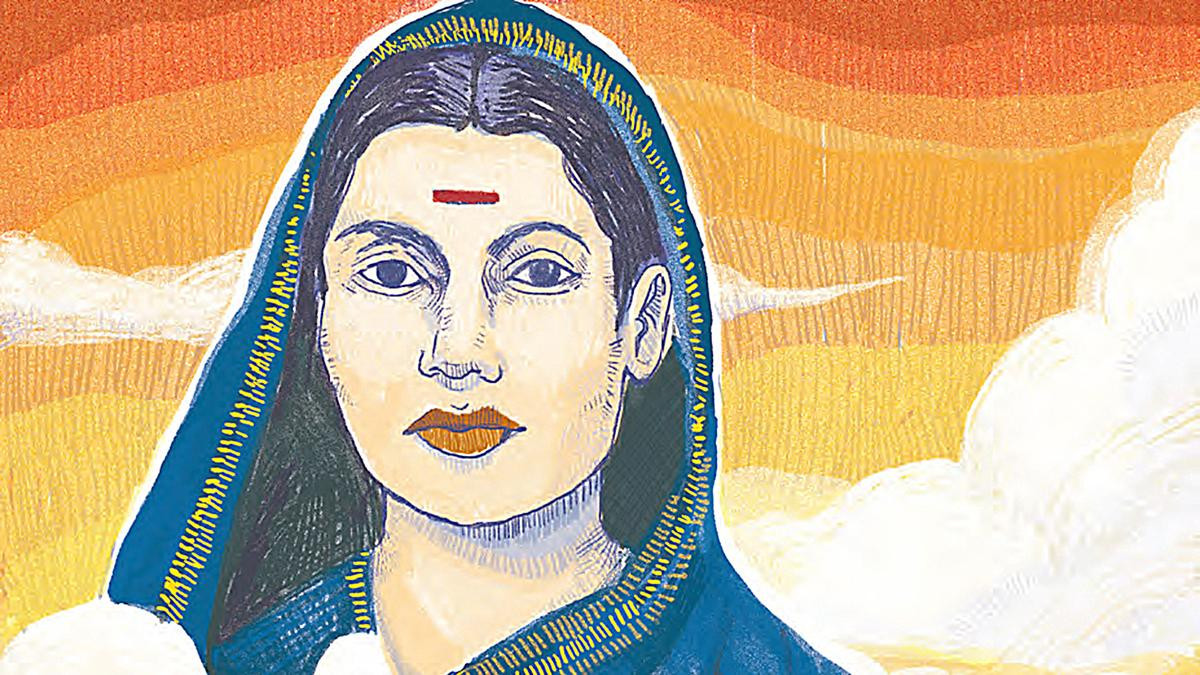
Savitribai Phule, born in 1831 in Naigaon, Maharashtra, is recognized as one of the first female social reformers of India. Despite facing severe opposition, she became a pioneer in women’s education.
Contributions:
- In 1848, along with her husband Jyotirao Phule, she started the first school for girls in Pune, breaking societal barriers.
- Trained herself as a teacher and became India’s first female teacher.
- Advocated against child marriage and encouraged widow remarriage.
- Worked tirelessly for the upliftment of Dalits and women, offering shelter and support to those rejected by society.
- Wrote inspiring poems that promoted education, equality, and social justice.
Among social reformers women, Savitribai Phule holds a unique place as a fearless advocate for education and equality.
5. Ishwar Chandra Vidyasagar (1820 – 1891)
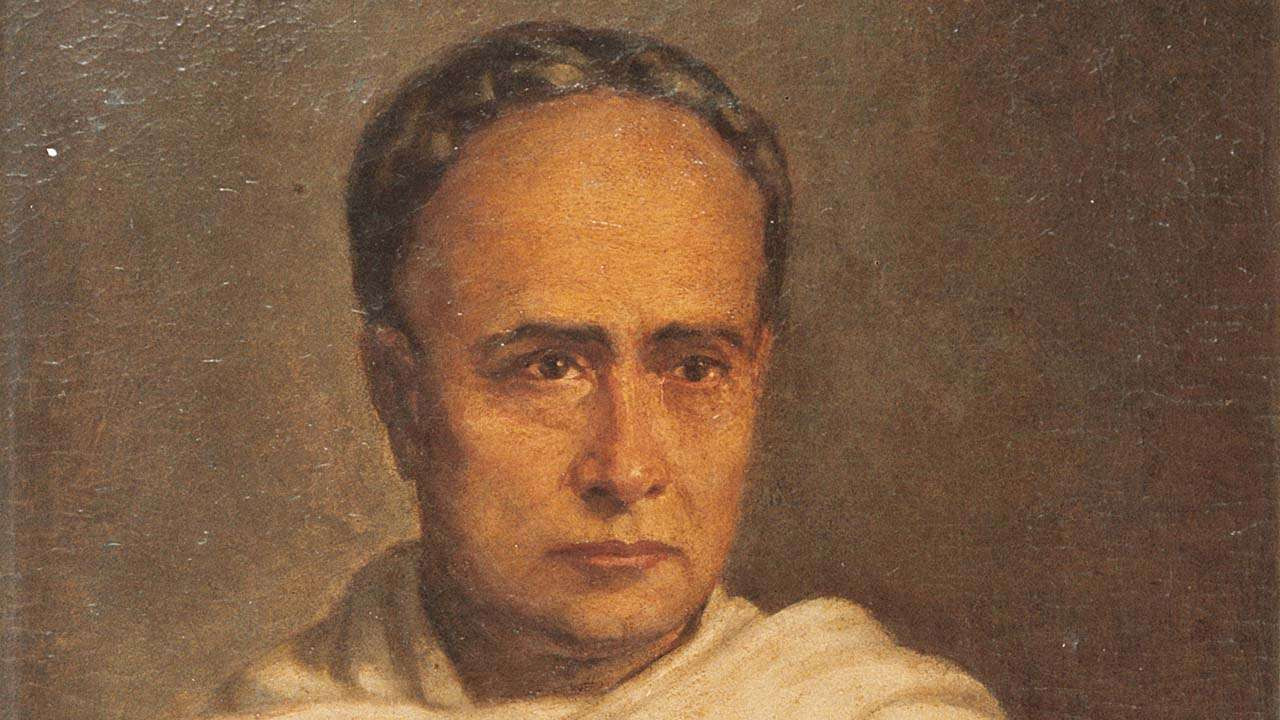
Ishwar Chandra Vidyasagar, born on September 26, 1820, in West Bengal, was an educationist, writer, and a visionary social reformer in India.
Contributions:
- He modernized Bengali prose, making it simple and accessible to common people.
- Championed the cause of widow remarriage, leading to the Widow Remarriage Act of 1856.
- Advocated for women’s education and established numerous schools for girls.
- Fought against child marriage and polygamy, considering them cruel and unjust practices.
- Played a significant role in educational reforms, making learning more inclusive.
Ishwar Chandra Vidyasagar’s fight for women’s rights and education highlights his vital role among the top 10 social reformers of India.
6. Mahatma Gandhi (1869 – 1948)

Mohandas Karamchand Gandhi, born on October 2, 1869, in Porbandar, Gujarat, is revered as the Father of the Nation. His philosophy of non-violence made him not just a freedom fighter but also a great social reformer in India.
Contributions:
- Leader of the Indian freedom struggle, he adopted non-violent civil disobedience as the path to independence.
- Worked tirelessly against untouchability, calling the oppressed “Harijans” (children of God).
- Advocated for rural self-reliance, cleanliness, and village industries.
- Promoted the use of Khadi as a symbol of self-reliance and resistance against British exploitation.
- Encouraged women to participate actively in the freedom movement, breaking traditional barriers.
Gandhi’s life shows how a leader can be both a religious reformer of India and a social reformer, influencing not only politics but the moral fabric of society.
7. Dr. B. R. Ambedkar (1891 – 1956)

Dr. Bhimrao Ramji Ambedkar, born on April 14, 1891, in Mhow, Madhya Pradesh, is one of the most influential social reformers of India. Despite being born into a Dalit family, he rose to become a jurist, economist, and principal architect of the Indian Constitution.
Contributions:
- Drafted the Constitution of India, ensuring rights of equality, liberty, and justice for all citizens.
- Strong advocate of Dalit rights, he fought against caste-based discrimination.
- Promoted education as the key to social empowerment, encouraging marginalized communities to study and progress.
- Founded organizations and journals to spread awareness about caste injustice.
- Converted to Buddhism along with millions of followers, rejecting caste-based Hinduism.
Ambedkar is often linked with the goddess of justice India, as his work symbolizes equality and fairness in society.
8. Annie Besant (1847 – 1933)
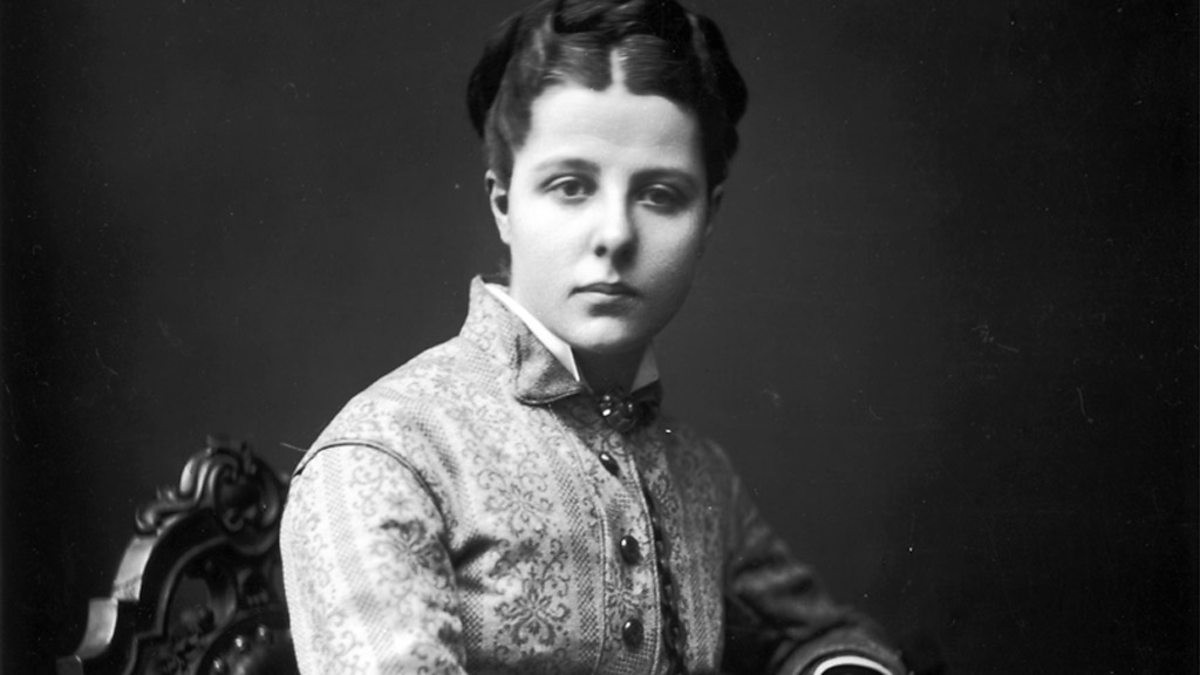
Annie Besant, born on October 1, 1847, in London, was a British social reformer who made India her home. She became one of the most prominent female social reformers in India and also a freedom fighter.
Contributions:
- Leader of the Theosophical Society, promoting spiritual awakening and education.
- Worked for the upliftment of women and children, encouraging girls’ education.
- Advocated for India’s independence and launched the Home Rule League in 1916, demanding self-governance.
- Inspired many young leaders of India, including Bal Gangadhar Tilak.
- Supported reforms in education by helping establish institutions like the Banaras Hindu University (BHU).
Annie Besant combined spiritual reform with political activism, making her a unique social reformer in India.
Also Read: Top 10 Female Leaders of India: Inspiring Stories of Famous Women in India
9. Vinoba Bhave (1895 – 1982)

Vinoba Bhave, born on September 11, 1895, in Maharashtra, was a disciple of Mahatma Gandhi and a devoted social reformer of India.
Contributions:
- Best known for the Bhoodan Movement (Land Gift Movement), where landlords donated land to the poor.
- Promoted non-violence, simplicity, and self-sufficiency as essential values of life.
- Encouraged constructive work in villages like spinning khadi, organic farming, and self-reliance.
- Recognized as the first recipient of the Bharat Ratna, India’s highest civilian award.
- Considered a saintly figure, he lived a life of service and humility.
Vinoba Bhave’s movement highlighted how social reforms of India can be achieved through peaceful persuasion and moral strength.
10. Pandita Ramabai (1858 – 1922)
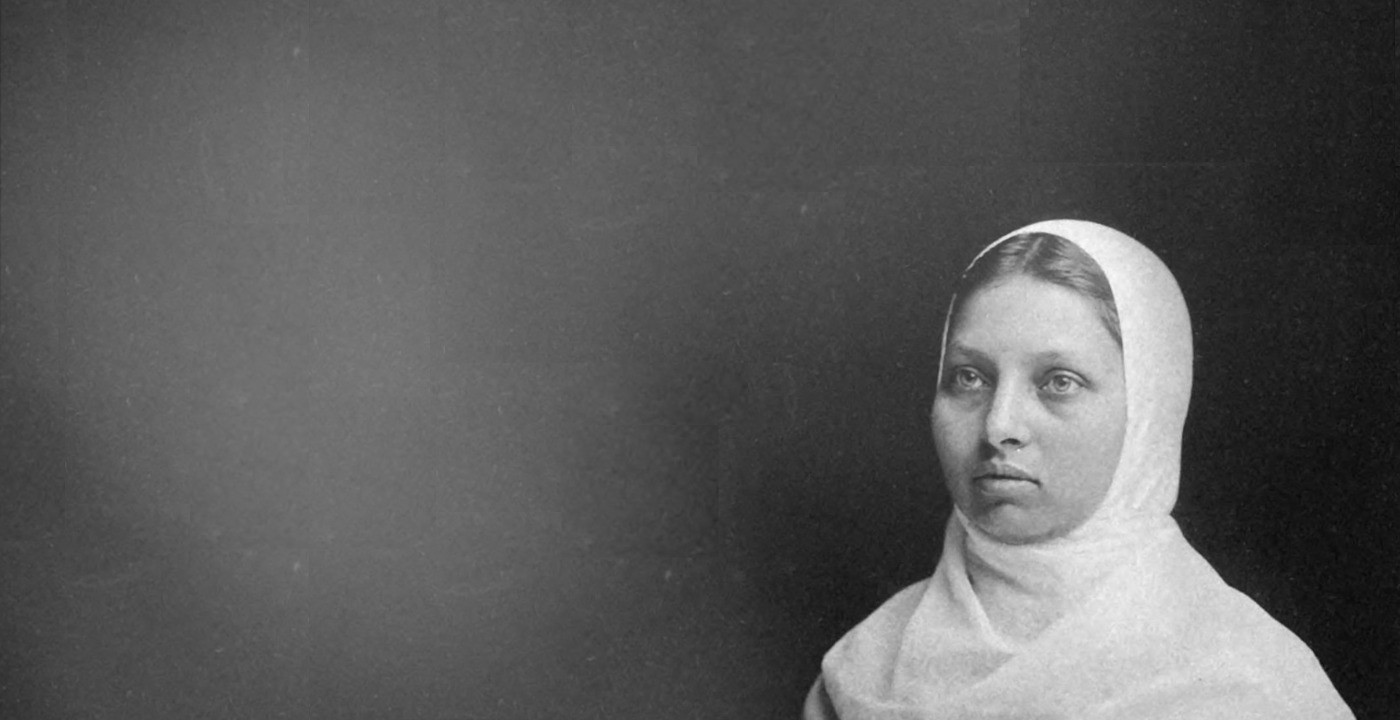
Pandita Ramabai Sarasvati, born on April 23, 1858, in Maharashtra, was among the earliest female social reformers of India. She was a Sanskrit scholar, educator, and champion of women’s rights.
Contributions:
- Established the Mukti Mission in Pune, providing shelter and education to widows and destitute women.
- Translated religious texts and advocated for women’s literacy.
- Opposed child marriage, dowry, and the mistreatment of widows.
- Became an international voice for Indian women, addressing issues of social injustice abroad.
- Her work laid the foundation for women’s rights movements in India.
Among the social reformers women, Pandita Ramabai’s tireless fight for women’s dignity makes her a role model for future generations.
Contribution of Social Reformers of India
The contributions of these 10 social reformers of India changed the course of Indian history. From the abolition of Sati by Raja Ram Mohan Roy to the fight against caste by Dr. Ambedkar, and the promotion of women’s education by Savitribai Phule, the social reforms of India have been instrumental in creating a modern, democratic, and just society.
Conclusion
The Top 10 Social Reformers of India not only transformed society but also inspired future generations. Their lives prove that one determined individual can change the destiny of millions. These reformers of India remind us of the true values of justice, equality, and humanity.
From female social reformers like Savitribai Phule and Pandita Ramabai to leaders like Ambedkar and Gandhi, each social reformer in India played a unique role in making India a better nation.
Want the Best News and Blogs? India Moves Has It All!
महत्वपूर्ण खबर
Categories
- देश (2092)
- अपराध (147)
- मनोरंजन (342)
- शहर और राज्य (338)
- दुनिया (856)
- खेल (380)
- धर्म - कर्म (640)
- व्यवसाय (182)
- राजनीति (564)
- हेल्थ (187)
- महिला जगत (55)
- राजस्थान (492)
- हरियाणा (61)
- मध्य प्रदेश (57)
- उत्तर प्रदेश (225)
- दिल्ली (258)
- महाराष्ट्र (170)
- बिहार (184)
- टेक्नोलॉजी (188)
- न्यूज़ (82)
- मौसम (108)
- शिक्षा (115)
- नुस्खे (83)
- राशिफल (376)
- वीडियो (1052)
- पंजाब (36)
- ट्रैवल (19)
- अन्य (51)
- जम्मू कश्मीर (84)
- उत्तराखंड (11)
- तेलंगाना (1)
- छत्तीसगढ (5)
- गुजरात (8)
- हिमाचल प्रदेश (1)
- पश्चिम बंगाल (7)
- असम (0)
- केरल (1)
- झारखंड (2)
- ओडिशा (0)
- त्योहार (18)
Vote / Poll
क्या राजस्थान मे बेरोजगारी का मुद्दा खत्म हो चुका है ..
